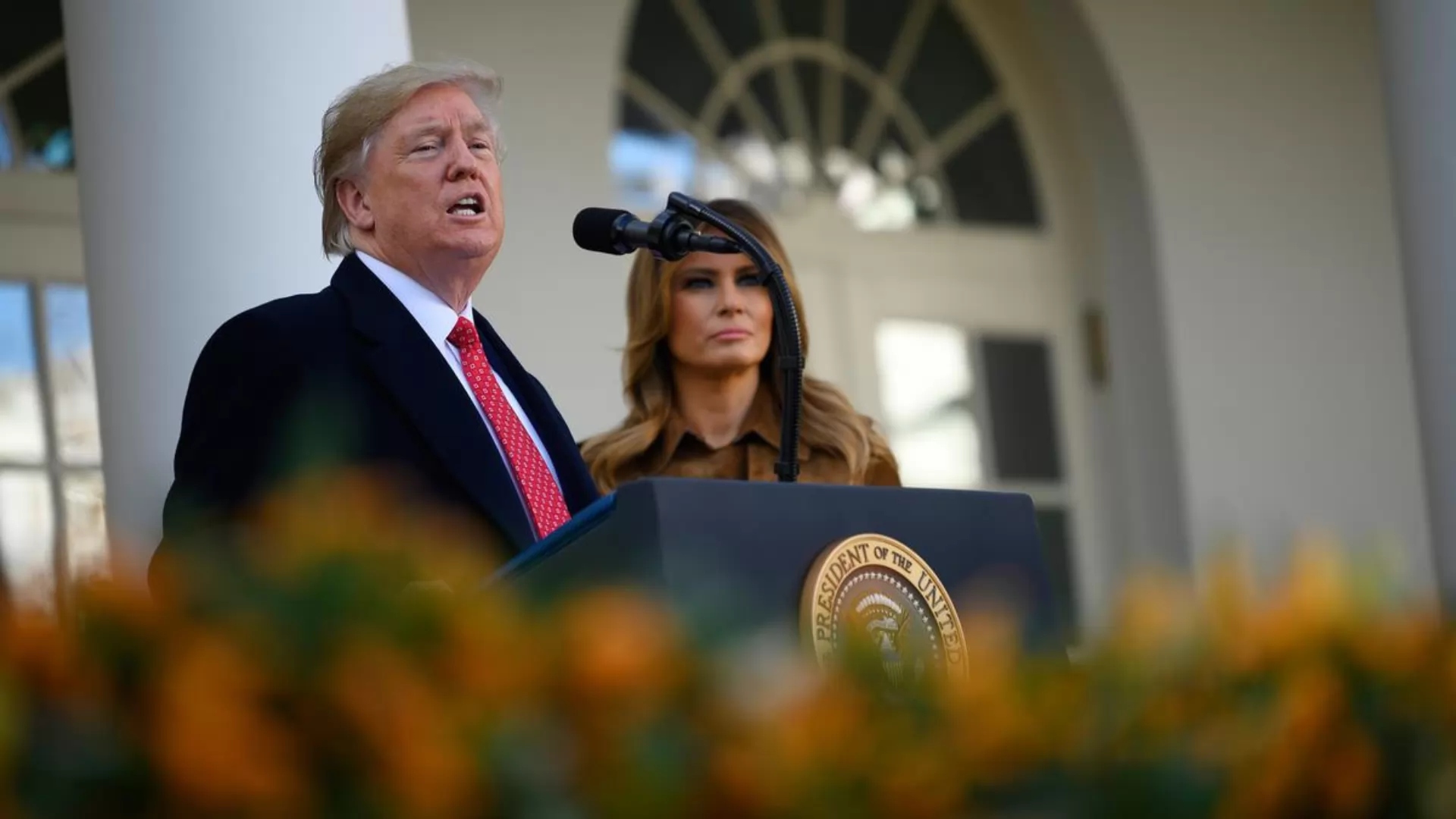
Bussiness | Economy
Bank Indonesia Chief Reveals: Indonesia's E-Commerce Digital Transactions Hit Rp4,500 Trillion!
/index.php
Crypto News - Posted on 29 October 2025 Reading time 5 minutes

President Donald Trump has officially granted a full pardon to Changpeng Zhao (commonly known as CZ), the founder of global cryptocurrency exchange Binance, in a move that has shocked political observers and is seen as a major turning point in the direction of U.S. digital asset policy.
According to an official statement from the White House, the decision was made because CZ was deemed to have been “a victim of the Biden administration’s war on cryptocurrency.” The move effectively marks the end of years of legal and regulatory crackdowns that had weighed heavily on the U.S. digital asset ecosystem.
In 2023, Changpeng Zhao pleaded guilty to charges related to failing to implement adequate anti–money laundering (AML) controls at Binance.
The case resulted in a US$4.3 billion fine for the company and a four-month prison sentence for CZ himself.
At the time, the Biden administration accused Binance of allowing illegal transactions to occur on its platform, including cross-border fund transfers without sufficient oversight.
However, the Trump administration argued that the punishment was “disproportionate and excessive,” claiming that the previous government had made CZ a “political scapegoat” in its attempt to suppress the cryptocurrency industry. With this pardon, CZ is now fully cleared of all legal charges, effectively restoring his freedom and enabling Binance to resume potential expansion in the United States market.
Political and Economic Significance: “The End of the Crypto War”
In its statement, the White House explicitly declared that “the war on crypto is over.”
The Trump administration emphasized that its new policy direction will focus on innovation, investment, and regulatory reform that is more supportive of blockchain technology and digital assets. Between 2021 and 2024, the U.S. crypto industry faced intense regulatory pressure including aggressive enforcement actions, lawsuits against major companies such as Coinbase and Binance, and increasingly strict tax and compliance policies.
Industry and Market Impact
The decision has been welcomed by many players in the crypto industry, who view it as a positive step toward rebuilding trust between regulators and digital asset entrepreneurs.
Market participants hope this development will open new channels for dialogue around balanced regulation that supports blockchain growth in the U.S.
However, critics have also raised concerns. Some analysts argue that Trump’s decision could create potential conflicts of interest, citing business connections between certain members of the Trump family and various crypto-related projects. For investors, the pardon has sparked renewed optimism that regulatory barriers in the U.S. may begin to ease. Nonetheless, they are also cautioned to remain vigilant, as politically motivated policy shifts could still occur rapidly and unpredictably.
A Symbolic End to the “Crypto War”
The full pardon of Changpeng Zhao represents more than just personal rehabilitation it is a political signal marking the official end of the so-called “crypto war” in the United States.
This decision could usher in a new era of innovation and investment in the digital asset sector. Yet, amid market euphoria, analysts warn that such a profound shift also introduces new challenges from political ethics and regulatory stability to the broader direction of U.S. economic policy in the years ahead.
What do you think about this topic? Tell us what you think. Don't forget to follow Digivestasi's Instagram, TikTok, Youtube accounts to keep you updated with the latest information about economics, finance, digital technology and digital asset investment.
DISCLAIMER
All information contained on our website is summarized from reliable sources and published in good faith and for the purpose of providing general information only. Any action taken by readers on information from this site is their own responsibility.